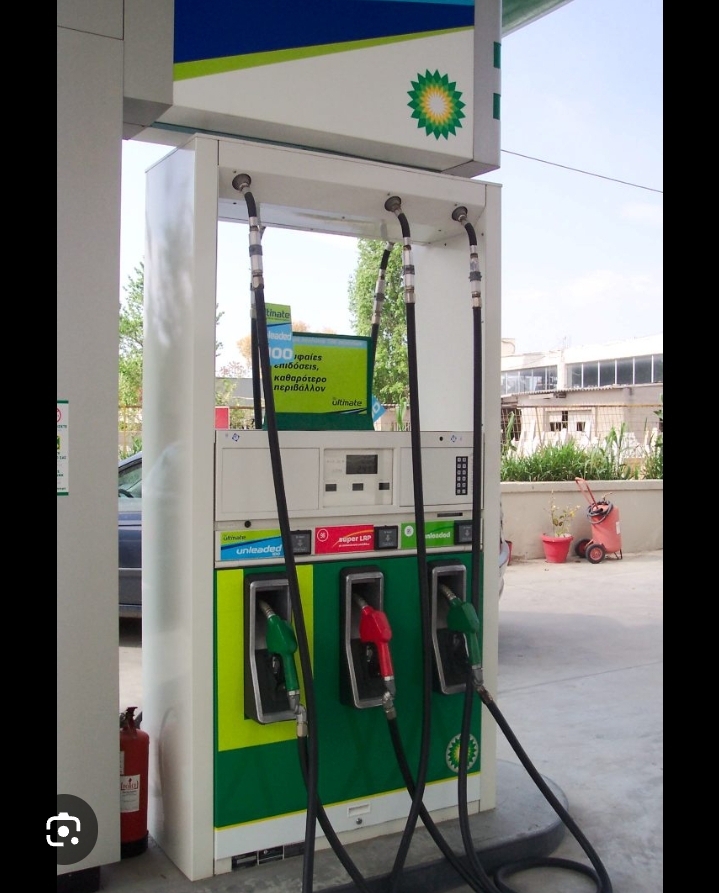To help fuel prices stay low, the country’s Finance Minister, Enoch Godongwana recently announced that a ‘fuel price intervention plan’ will soon be tabled in Cabinet ‘to tackle high fuel prices.’
Lester Kiewit speaks to Dr Mathetha Mokonyama, Transport systems and Operations Impact area manager at the Council for Scientific and Industrial Research (CSIR).
From Wednesday, 4 September 2024, fuel prices will be the lowest it has been this year which comes as a relief for motorists who have been faced with increasing inflation, fuel and levy rates.
To help fuel prices stay low, the country’s Finance Minister, Enoch Godongwana recently announced that a ‘fuel price intervention plan’ will soon be tabled in Cabinet ‘to tackle high fuel prices.’
The ‘fuel price intervention plan’ aims to anchor measures of high fuel prices to make sure South Africans can afford the fuel and ability to transport.
Democratic Alliance (DA) MP Kevin Mileham, said the announcement was a victory for every South African who had felt the impact of rising fuel prices.
“The government could simply not afford to continue turning a blind eye to the plight of consumers at a time when many are struggling to put food on the table,” Mileham said.
The plan would be a significant step towards alleviating the financial burden of citizens due to spiraling fuel prices and would be anchored on measures to ensure people could afford fuel and transport, Mileham added.
Mokonyama asks: ‘We can reduce the costs, but what does it do?’
Is it to introduce a bit of competition at a fuel station level which might lead to job losses within the fuel industry, is it so people can drive more?
Whatever the objectives are for government, ‘the kilometres per capita should be minimised as much as possible,’ believes Mokonyama.
“One of the things reducing costs of fuel can do is that people can drive more which defeats the purpose of reducing greenhouse emissions… so we have to be very careful with what we are trying to do.”
“There are tos and fros happening but at the heart of it, we need to understand what we are trying to do and planning appropriately for the kilometres per capita is minimised as much as possible
